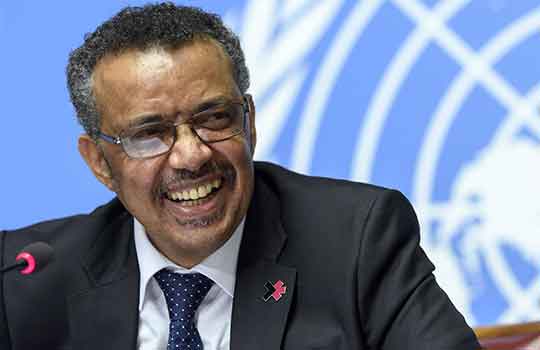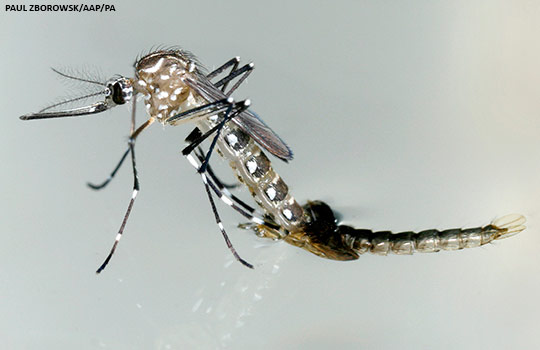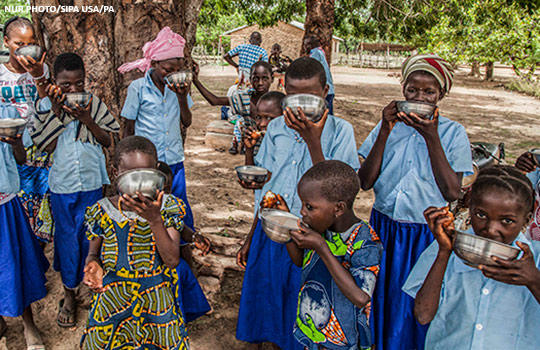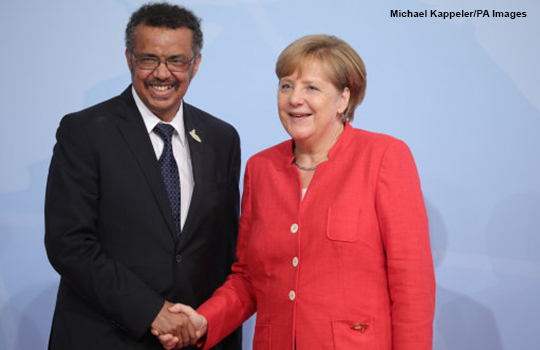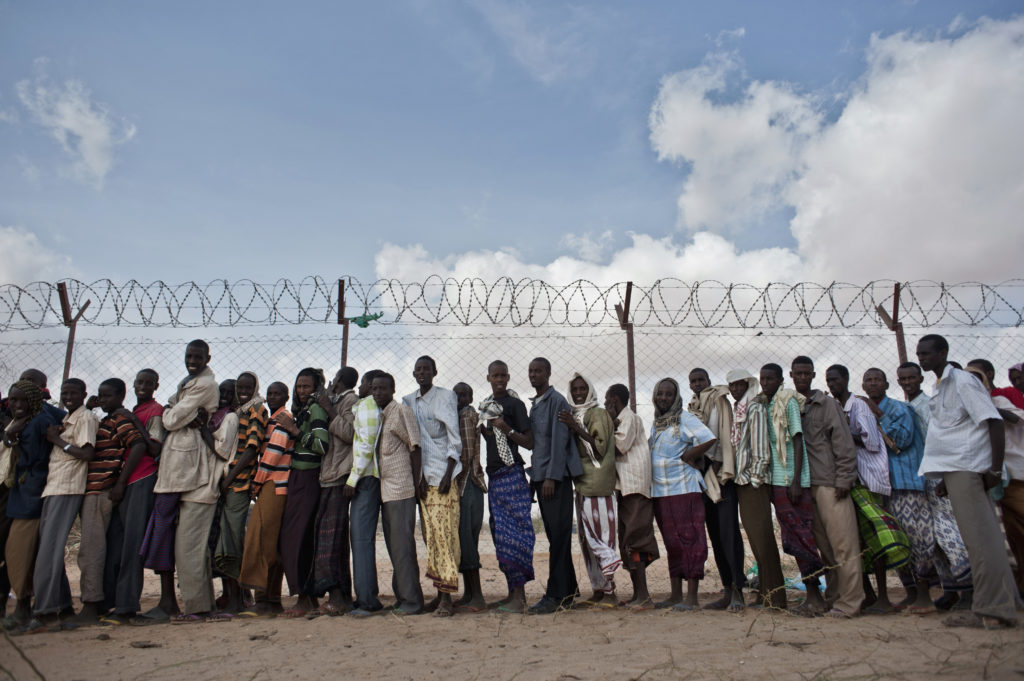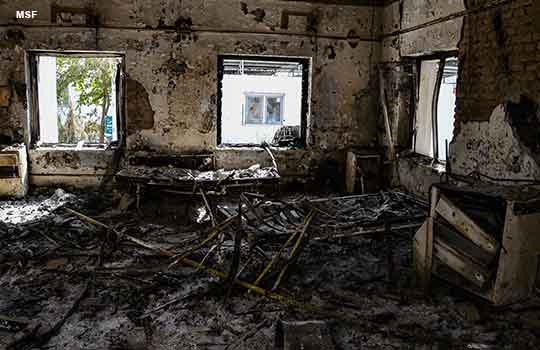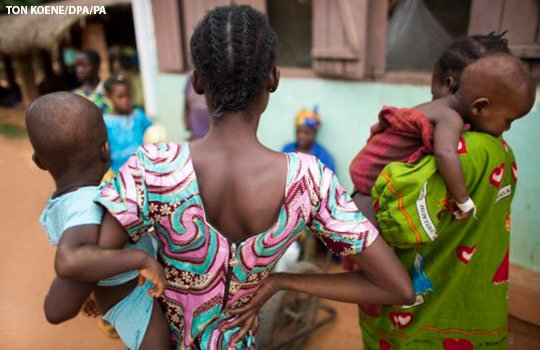Ilona Kickbusch, Gian Luca Burci, Austin Liu A new election process After a “rollercoaster” year the World Health Organization (WHO) elected its ninth Director General (DG) in May 2017. The new DG has received many congratulations, but it is equally important to congratulate the WHO for opening up the process by which the DG was […]
A good start for WHO: but the new DG election process needs an independent monitoring body
